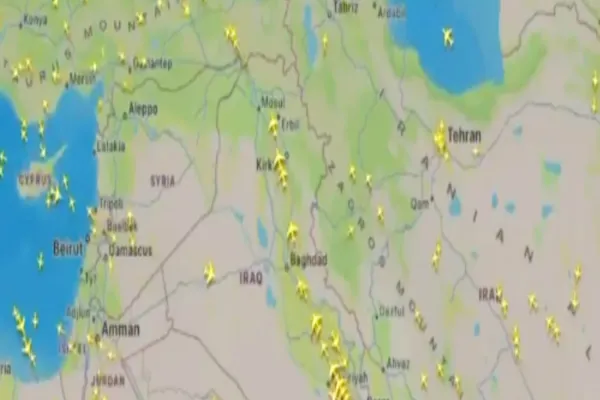i NEWS PAKISTAN
The present government is concerned over wastage of excess floodwaters during summer monsoon season. If managed properly, this excess water may prove a boon to the country’s socio-economic development, said Romina Khurshid Alam, Coordinator to Prime Minister on Climate Change while addressing the launching ceremony of the ‘Recharge Pakistan Programme’, here on Tuesday. She says that Pakistan regularly experiences seasonal flooding, especially during the monsoon season, which poses significant risks to human life, property, agriculture, and infrastructure. The wise storage and use of the floodwater can prove boon to socio-economic uplift of the country. She told that the Prime Minister Shehbaz Sharif’s initiated, ‘Recharge Pakistan programme’(RPP) is being launched by the climate change and environmental coordination in collaboration with different international and national bodies including the Khyber Pakhtunkhwa (KP), Sindh and Balochistan governments.
The said alliance is required to build country’s flood resilience risk management and conservation of excess flood water to utilise it properly. Explaining about the interventions to be carried out under RPP, Romina Khurshid Alam said that among other key flood risk management measures, wetlands would also be restored for storing excess floodwater. Besides this, green infrastructure interventions would be conducted in the Indus Basin for sustaining the exacerbating flood risk and retain it, especially for irrigation. Talking to Wealth PK, Romina Kurshid said, “this would significantly help cope with the country’s flood-caused climate vulnerability. Over the last century, the country’s average temperature has spiked by 0.57 C and the average annual precipitation has increased by 25 per cent, aggravating the flood risk, particularly during summer months. So, to stave off any massive economic losses, the capacity of excessive water storage is necessary.
She said that the Indus River is experiencing floods with increasing intensity and frequency. The communities along the Indus, are disproportionately vulnerable. Because, river is a sustainable income resource for them. However, the RPP would be a major flood risk prevention initiative. More importantly, by means of an integrated flood risk management approach, involving the restoration and rehabilitation of water flow paths connected to wetlands and irrigation water supply channels and the development of recharge basins and retention areas, the project would directly benefit an estimated 680,000 people and indirectly support more than seven million people, most of them in flood-prone rural and marginalized communities, PM's climate aide said.
Credit: Independent News Pakistan









